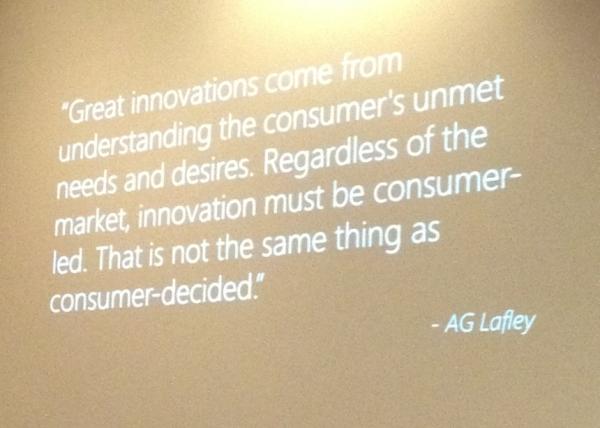As technology has increasingly created a number of self-organizing online or real communities, companies are also experimenting with cultural changes such as decentralization.
This trend was discussed in depth at the South by Southwest Interactive Festival, led by Amgen, Inc. Executive Director James Taylor, Burning Man Human Resources Manager Kat Steinmetz, and Second Life Founder Phillip Rosedale. These professionals discussed the burning question of “Decentralized Organizations: Do They Really Work?” Highlights …
Thought leader and author of The Future of Work Thomas Malone shared insights into why things are changing
- “For the first time we can have big business economy of scale and small business human culture.”
- “We’re in the early stage of change in business, similar to change we saw in democracy/government”
- “Old structure for corporations are based on efficiency. Today’s is about innovation; new focus is intelligence”
- “Benefits of decentralized decision-making are exactly the same as drivers for business success-innovation and flexibility”
Exploring and using non-traditional techniques to structure their organization
- It’s not just about cool tech startups (example Zappos model), huge productivity boost
- Burning Man has no CEO. Instead 6 execs who decide by consensus. Slows decision-making, but speeds up implementation
- We need to rethink the efficiency metric, place more emphasis on collective intelligence
- The point is to build community, not to be efficient
The future forecast for organizations is uncertain
- In a few years maybe no one will work for technology companies. Employment is going to change so substantially.
- Anonymous surveys, voting systems for both customers and internal employees, organic management, and peer-based recognition systems are becoming more commonly used
Thanks for your insight, @bombaycowgirl, @ACoulton, and @CofoMan!



